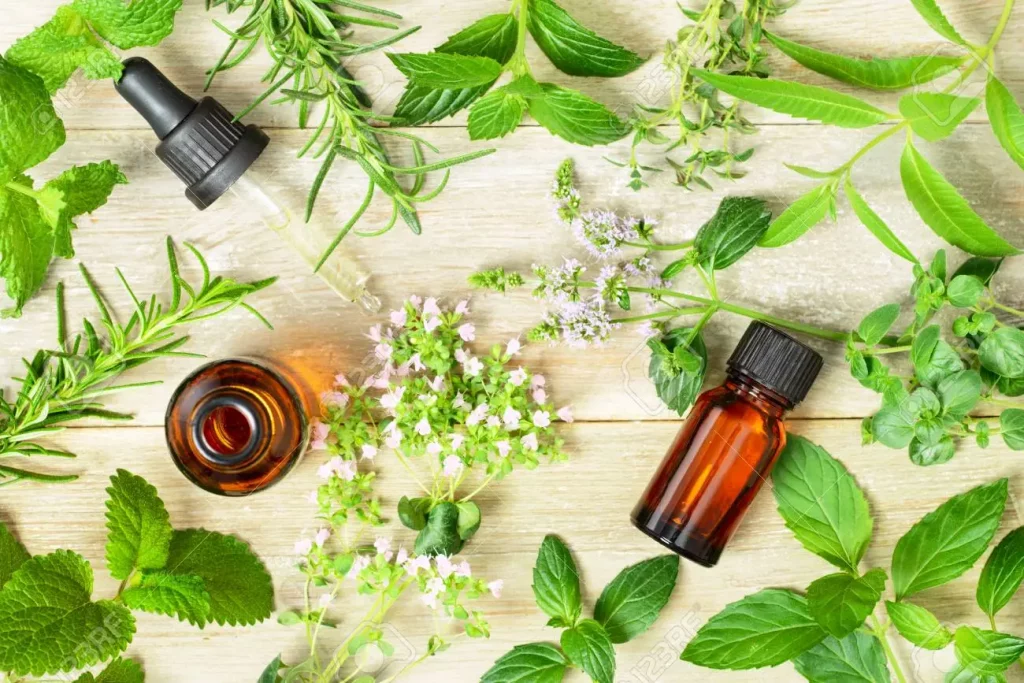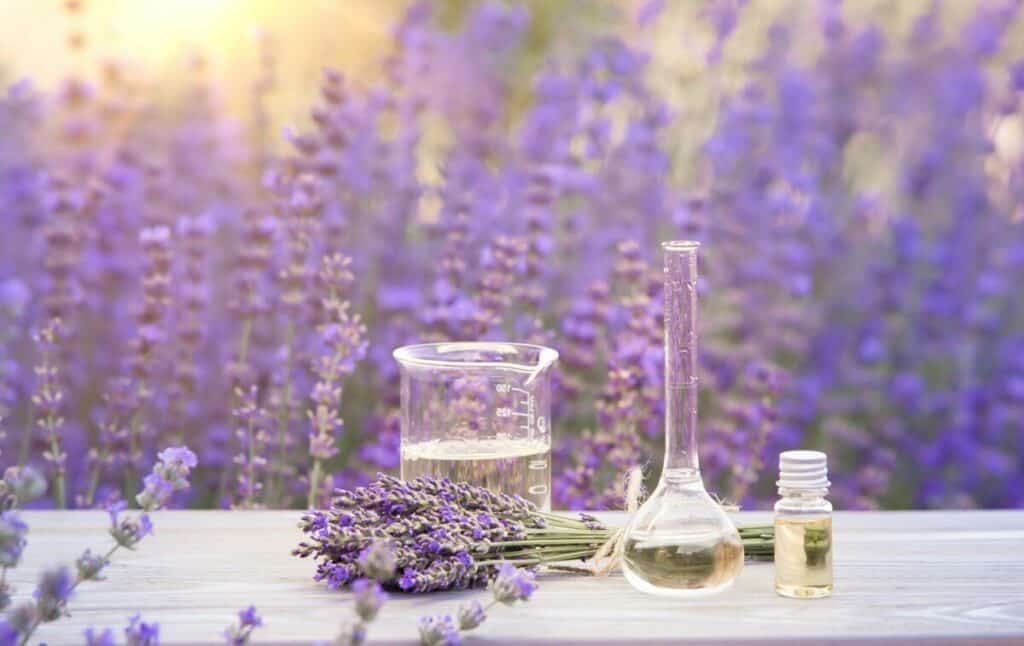
Essential oils can be used for a wide variety of purposes such as relieving anxiety, headaches and migraines, sleep insomnia, inflammation, and preventing sickness. As powerful as they are helpers in these remedies, they can also be dangerous when disposed of incorrectly.
Expired essential oils should NOT be poured down drains or thrown in the garbage! To safely dispose of them, the oils can be evaporated, buried, added to compost, or taken to a hazardous landfill. There are also many methods of repurposing the oils for non-therapeutic purposes in your home or yard.
While there is a variety of methods to put these expired to use, it is extremely important to be aware of each oil’s specific properties. The following information will help you to make an educated decision on how to safely repurpose or dispose of each of your expired essential oils.
Please Avoid!
Although it may seem a simple solution, essential oils should NOT be dumped down drains or thrown in the garbage. Many oils are flammable, and unsafe to place in the trash, especially in large quantities. A few drops of essential oils can be sent down a kitchen drain with some soap and water to freshen it up, but large quantities can cause serious problems to pipes and drainage systems.
Safe Disposal of Essential Oils
Burial
One of the simplest ways to dispose of expired oils is by pouring them into a hole in the ground! One important thing to keep in mind, however, is the specific oils you intend to pour into the soil, as they can have differing effects on plant life. Some essential oils can be helpful in plant growth, while others can cause harm to your garden or plants.
Waste Management
Contact your Local Waste Management Service to determine whether they can safely dispose of the bottles and oils. They will often have specific steps and procedures to follow that allow the proper disposal of these products.
Evaporate
One safe way to dispose of any oil is by allowing it to evaporate. Small amounts of the oil can be placed in a shallow dish or plate and left to evaporate in a location safe from children or animals. Dishes with a larger surface area will increase the rate of evaporation. Pie tins often make good containers for this purpose.
Baking Soda
You can fill the bottom of a dish with baking soda, and then pour out your oils on top. Place the dish outside to avoid the odor and speed up the evaporation process.
Cat Litter
Kitty litter has absorbent qualities that can be used to your advantage in the disposal of your oils. The oils can be poured on top of the kitty litter, left overnight, and disposed of normally in the morning! It is vital, however, that your pets are not allowed near the kitty litter and oil mixture, as some oils can cause respiratory problems in animals.
Repurposing Expired Oils
Expired essential oils can be reused in a variety of ways. Most oils can be placed in a water diffuser, and provide fragrance for your home. Oils such as pennyroyal and mint can be used on floors for sweet odor and to help kill off germs!
A few drops of fragrant oils can be poured down a toilet or sink drain if followed by a steady stream of water to protect pipes. Peppermint oil can be used to deter small rodents. The oils can also be added to homemade candles for aromas! Many oils can be placed in cleaning buckets, or used in gardens to deter insects, pests, and rodents!
There are plenty of ideas online that will help in finding the perfect way to repurpose your oils.

Container Disposal
Containers previously used for the oils can be reused for new oils or other purposes! In order to reuse a bottle, it is important to place them in a sink with soap and water inside. Leave the in the sink overnight, so that everything gets soaked inside the bottle. Rinse the bottle out and dry it. If there is still a slight scent, then you can add some rubbing alcohol inside of the bottle and let it soak.
Once properly cleaned, a bottle can be thrown away, used for new oils, or completely repurposed!
Safely Place in the Garbage
It is fine to throw away a container, as long as it has been COMPLETELY EMPTIED and placed in the recycle bin.
Make a Mini Flower Vase
This is a creative option to use when not wanting to throw away a bottle. They could make a really pretty vase on the counter with small flowers coming out of it.
Store Smaller Items
Small items such as earrings, medicine, and many other things can be placed and stored in the emptied bottles.
Make a New Mix of Oil
When the remaining oil is properly disposed of, new oil can be placed in the bottle. Make your own oil recipe and try it out for yourself!

Prolong Expiration
Reduce Air Exposure
One way to do this is by limiting the number of times each container is opened during use. Be sure to close the lid tightly after each use. This will help the oils to stay fresh for a longer period of time.
Dark and Small Containers
Place essential oils in a small vile to limit oxygen exposure. Putting oils inside a dark container allows sunlight to be less likely to come in contact with the formula.
Keep Cool
When placing the oils in an area of 35-38 degrees, they will be able to last longer. Refrigerators kept at this temperature are wonderful locations for essential oil storage.
Proper Storage
Essential oils should not be stored in hot, bright light, or humid areas such as bathrooms, nearby stoves, candles, or any other heat sources or open flames. When exposed to heat consecutively, the oil will deteriorate. They should also be kept from heat sources because many essential oils have flammable properties that could quickly become hazardous.
Metal or Stainless-Steel Containers allow the formula to prolong shelf life and limit exposure to heat and sunlight. This option is good for mixing essential oils together, and for individual stores as well.
Related Topics:
If you like the article above, here are some other similar articles you should check out!
What Should I Do with Expired EpiPens
